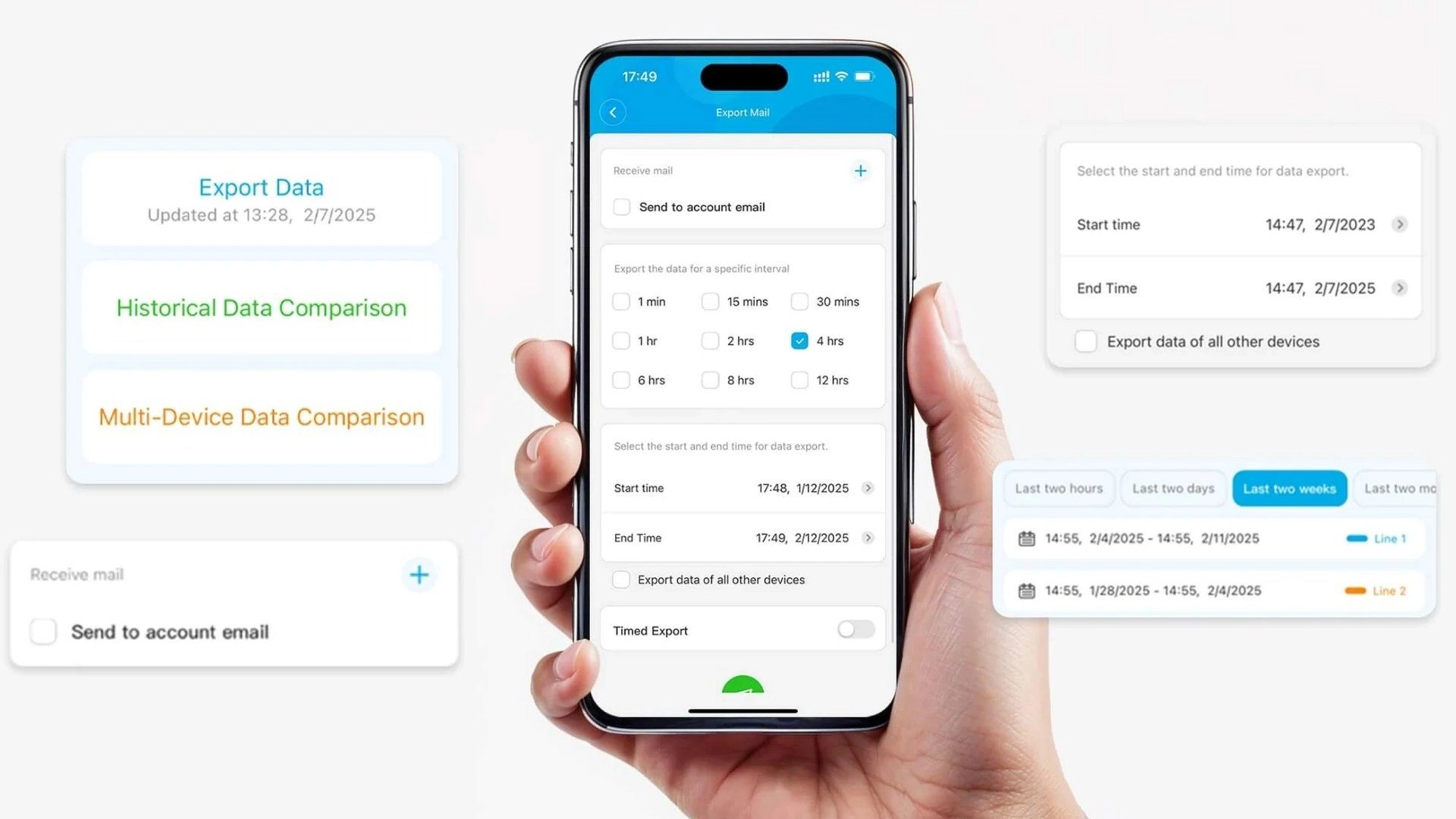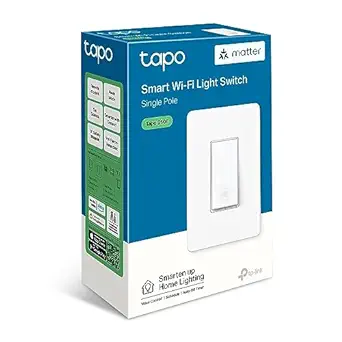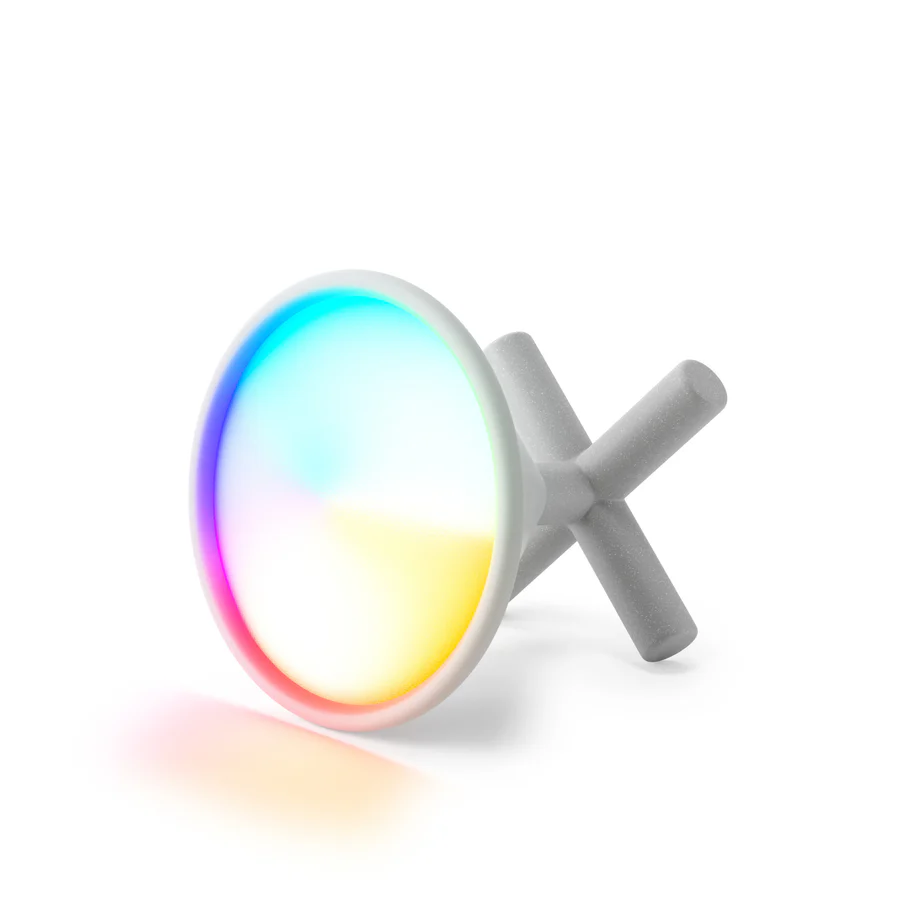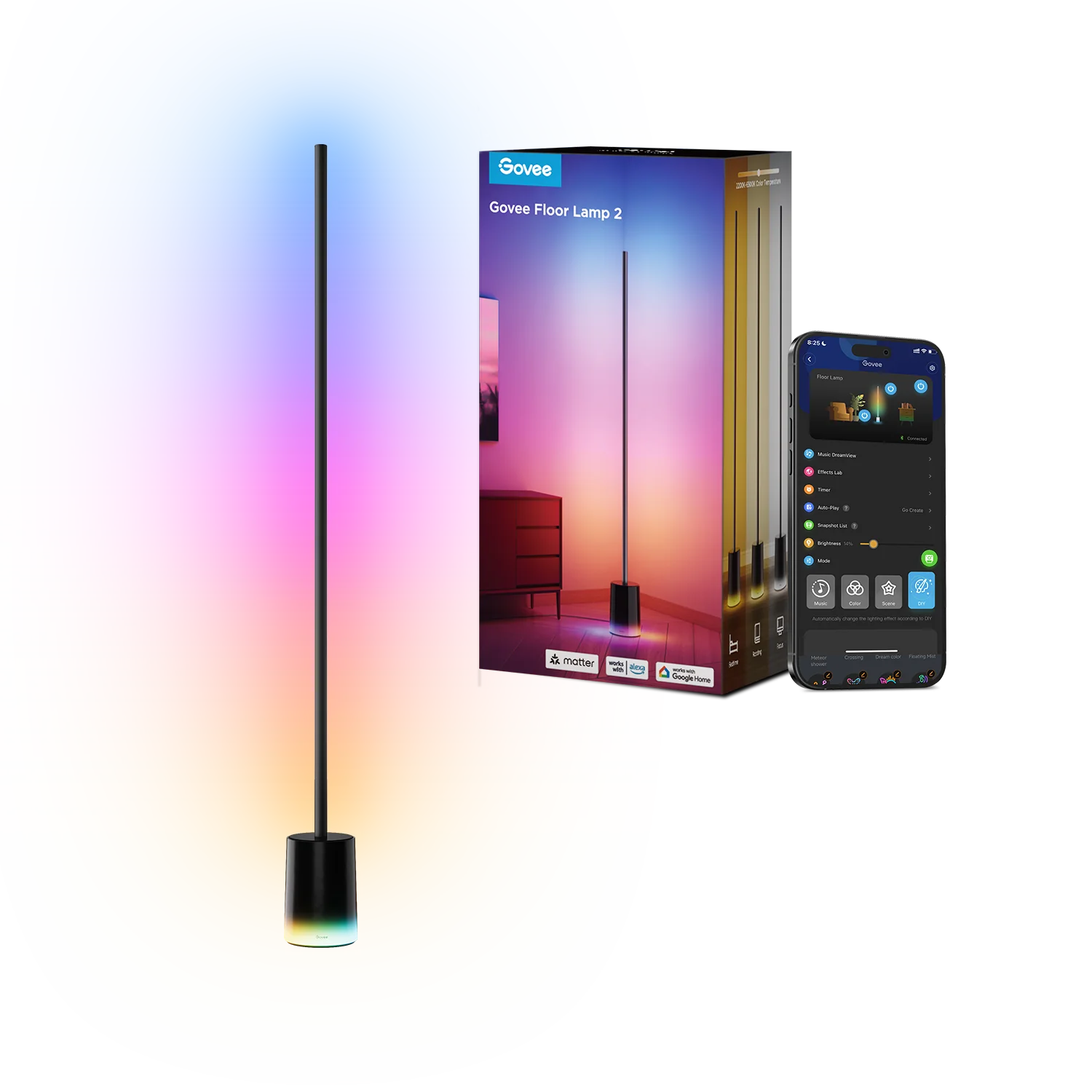Matter gives you the ability to control your entire smart home locally, at least in theory. The reality is that many smart devices rely on remote cloud services, even if they utilize Matter. Cloud services are integrated in more ways than you might think, so let’s break this down.
Several platforms that control Matter devices run in the cloud
Matter devices are designed with privacy in mind, so they maintain a local encrypted connection directly with the device that controls them.
When I started buying Matter devices, my first hub was my Samsung Frame TV. The various Tapo smart lights, Umbra Cono portable smart lamps, and Govee floor lamps throughout my home connect directly to my TV over local Wi-Fi.
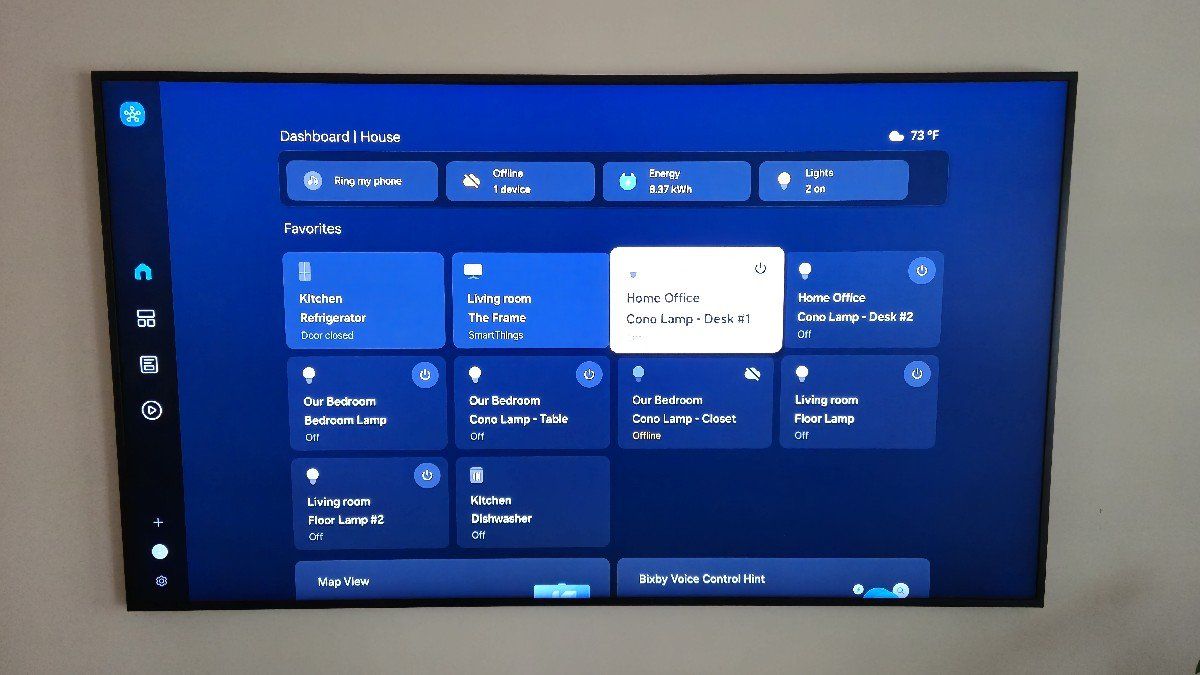
Yet I still lost the ability to control these devices when the internet went down, because the smart home platform I used, Samsung SmartThings, runs in the cloud.
Samsung’s reliance on the internet isn’t unique. Google Home and Amazon Alexa also rely on the web. So do the hubs that come from SwitchBot, like the SwitchBot Hub 3. Apple Home is unique among the well-known commercial ecosystems. Apple’s platform runs on local hardware and does not need internet access to continue to function.
These platforms let you control your home from anywhere
There are advantages to these platforms being cloud-based. Samsung SmartThings enables me to control my home from anywhere. I don’t need to turn my lights off on the way out the door. I can do it from the passenger seat of my car. I can even control them from my car’s infotainment screen using Android Auto. I could be at my parents' house, lift my wrist, and then off the lights back home using my smartwatch.
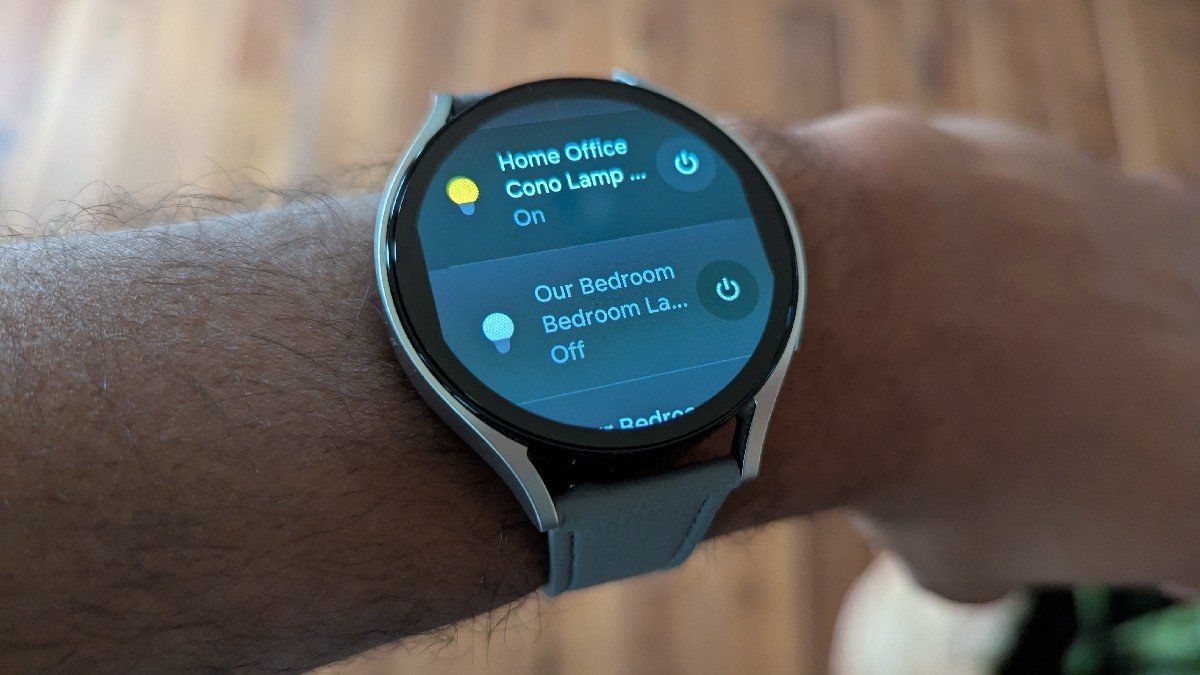
If you’re at the office, you can still receive notifications that a door has been unlocked or a motion sensor detects movement. You can even manually trigger actions or engage automations in response.
They provide voice assistants and AI capabilities
The cloud is also used to power voice assistants. That's not to say that internet access is required for them to function—some commands are processed locally. But the cloud does power more extensive features and lists you control your home via voice assistant remotely. Out of the box, smart speakers like Amazon Echo and Google Nest are very much cloud dependant.

Then there's the addition of AI. Some platforms are baking in different types of AI analysis to present new information or utilize existing data in new ways. SmartThings tries to tell me how much money I've saved by analyzing energy usage. This processing takes place in the cloud.
As older voice assistants get replaced with more conversational chatbots like Gemini and Alexa+, any smart home utilizing them will be even more reliant on the cloud.
Cloud dependence isn’t without its downsides
I referred to the most obvious downside back in the beginning. Services that rely on the cloud stop functioning when the internet goes down. I live in a rural area where power outages are not uncommon. I can supply power to my house, including my modem and router, but if the internet connection is down, then none of my smart home features will work. This isn't a problem when utilizing local options like Apple Home and Home Assistant.
Cloud-based options are also often an effort to collect data about your behavior. Samsung makes appliances and could greatly benefit from the information it gets from observing how you use SmartThings. It can then attempt tactics such as selling you dishwasher pods or laundry soap when it detects you’re low.
Smart home systems have intimate knowledge about how we live our lives, such as when we’re home and which areas of the house we spend most of our day in. It can show whether we have cameras installed and where. Even if this information isn’t being abused today (and we don’t know if it isn’t), it only takes a simple shift in company policy, an acquisition, or a data selling arrangement for this information we’ve generated to suddenly become a liability.
This is part of the reason why I find Home Assistant to be an ideal match for my Matter-based smart home. I can enjoy the features I want but keep the information stored privately within my home. Too bad it’s not yet the most accessible option for the masses. If there’s one more thing cloud-based platforms have going for them, it’s that they’re relatively easy to learn.
